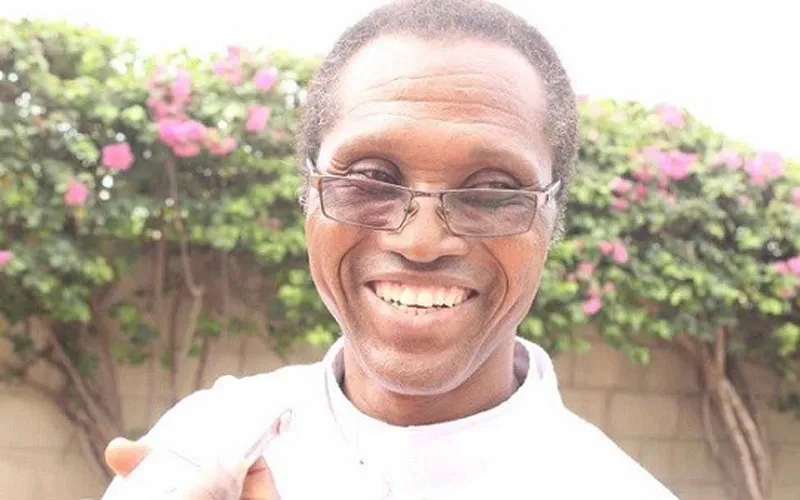Accra, 09 February, 2020 / 7:46 pm (ACI Africa).
As the West African nation of Ghana prepares for general elections in December, the Secretary General of the Accra-based National Catholic Secretariat (NCS), the Executive Arm of Ghana Catholic Bishops’ Conference (GCBC), has made known the intention of Church to use her resources to foster democracy by actively campaigning against political parties that do not show enough commitment to ending political violence and vigilantism that has crippled the country for decades.
“If any party does not demonstrate commitment to ending vigilantism, we may have no choice but to use our pulpits to campaign against such parties because if we condone this then we are not encouraging democracy,” Fr. Lazarus Anondee said February 4 at the signing of the Code of Conduct and Roadmap to Ending Political Vigilantism document in Accra.
The document was developed by a technical committee following a series of consultations that were organized by the National Peace Council, chaired by Rev. Prof. Emmanuel Asante, a Ghanaian Methodist Prelate.
Due to the violence that marred the January 31, 2019 Ayawaso West Wuguon Constituency by-election, there were calls by Ghanaians for a ban on political vigilantism and militias used by various political parties in the country.
Over the year, Ghanaian politicians have relied on vigilante groups, mainly composed of unemployed youth in the country, to provide security for their campaigns and ensure electoral victory. The groups mobilize party supporters; they serve as polling or monitoring agents during voter registration, voting, and results tabulation; and they also ‘protect’ polling centres and electoral materials.








